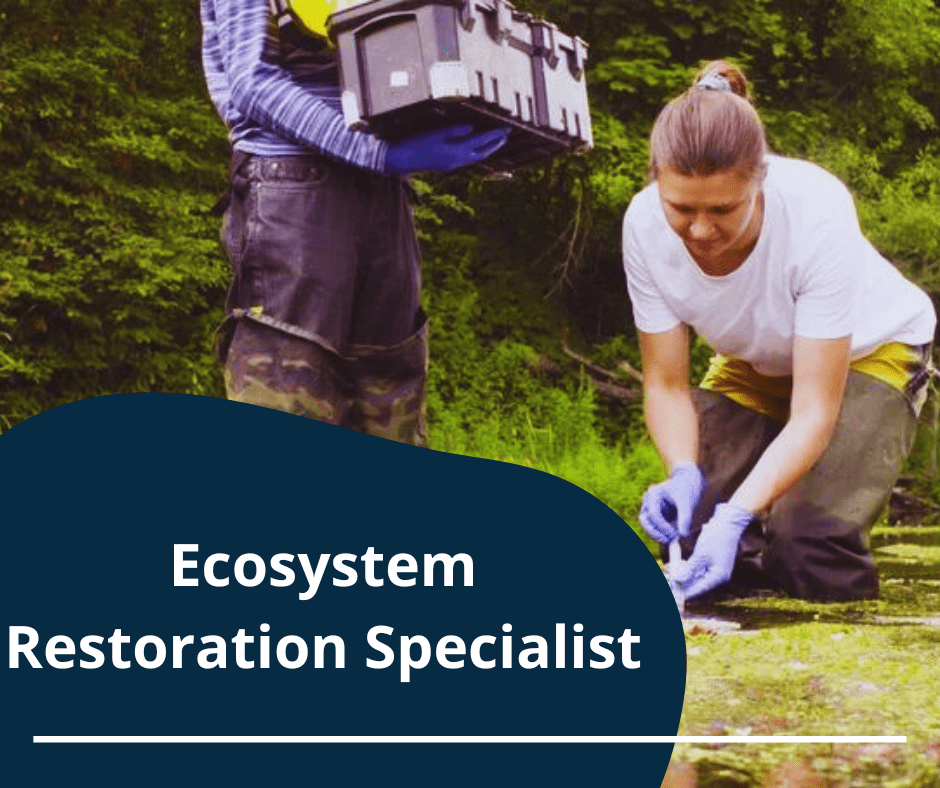
Ecosystem restoration has become an increasingly important field in recent years, as the negative impacts of human activities on the environment have become more evident. As a result, the demand for professionals in this field has also grown, leading to the emergence of a new and crucial role: the Ecosystem Restoration Specialist.
So, what exactly does an Ecosystem Restoration Specialist do? In short, they are responsible for overseeing and implementing projects aimed at restoring degraded or damaged ecosystems. This could include forests, wetlands, grasslands, or any other type of ecosystem that has been impacted by human activities.
One of the main responsibilities of an Ecosystem Restoration Specialist is to assess the current state of an ecosystem and identify the key causes of degradation. This requires a deep understanding of ecological processes and the ability to analyze data and identify patterns. Once the root causes of degradation have been identified, the specialist must then come up with a restoration plan that takes into account the unique characteristics of the ecosystem and the goals of the project.
Implementing the restoration plan often involves working with a team of scientists, engineers, and other professionals to carry out various activities such as planting native species, controlling invasive species, and restoring natural water flow. Depending on the scale of the project, the specialist may also be responsible for coordinating with local communities, government agencies, and other stakeholders.
In addition to managing the restoration process, Ecosystem Restoration Specialists also monitor and evaluate the progress of the project. This is crucial as it allows them to make necessary adjustments and ensure that the desired outcomes are being met. It also helps to inform future restoration projects and contribute to the overall knowledge of ecosystem restoration.
What sets an Ecosystem Restoration Specialist apart from other professionals in the environmental field is their multidisciplinary approach. They must have a strong understanding of ecology, but also possess skills in project management, data analysis, community engagement, and communication. They must also have a deep passion for environmental conservation and a commitment to sustainable practices.
Another important aspect of this role is the emphasis on collaboration and partnerships. Ecosystem restoration is a complex and challenging task, and it requires the involvement of various stakeholders. This could include landowners, government agencies, NGOs, and local communities. As such, an Ecosystem Restoration Specialist must be able to build and maintain strong relationships and work collaboratively towards a common goal.
The demand for Ecosystem Restoration Specialists is expected to continue to grow, as the importance of restoring degraded ecosystems becomes increasingly recognized. This role is not only important for the health and well-being of our planet but also offers a rewarding and fulfilling career path.
If you are passionate about environmental conservation and have a strong background in ecology, project management, and community engagement, then a career as an Ecosystem Restoration Specialist may be a perfect fit for you. Not only will you be able to make a positive impact on the environment, but you will also be at the forefront of a field that is gaining more attention and recognition every day.


